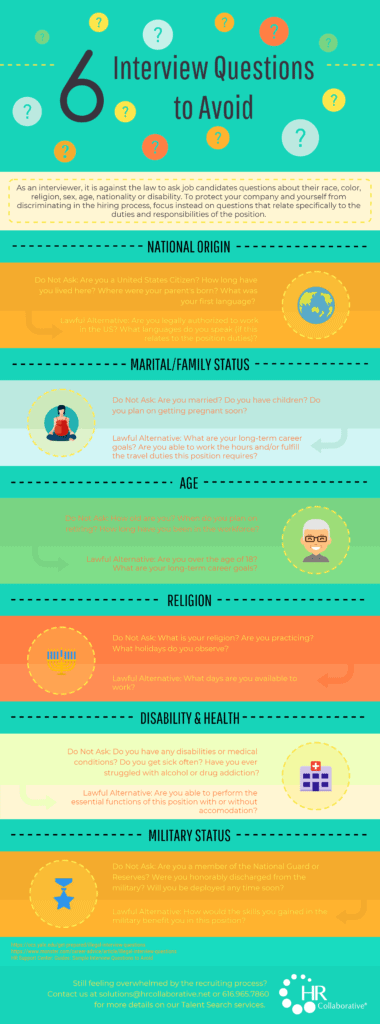The Top 4 HR Department Myths, Busted
Written by: HR Collaborative

You might hear a lot of things about what human resources is as well as what it isn’t, but how do you separate fact from fiction? What are HR professionals really trying to accomplish for your company? To help clarify fact from fiction, we’re taking on 4 of the most common myths we commonly get questions about:
Myth #1: HR Departments Only Care About Rules and Regulations
Compliance with the law and company policies is important, but rest assured, that’s not the only thing an HR service provider cares about. A successful HR partnership focuses on honoring legal and company guidelines as well as finding creative solutions to business issues that are in the best interest of the employees and the culture.
Myth #2: HR Companies Can’t Be Strategic Partners
Some believe HR’s purpose ends with the managing of the hiring, firing, and legal commitments of the organization. However, today’s leading HR partnerships are showcasing how representatives can provide immense strategic value in areas like talent search, ongoing learning and training services, retention programs, culture development, projection and data analysis, and leadership team development. When other departments join forces with HR, it can help to improve projections and planning processes as well as improving efficiencies across the organization.
Myth #3: HR Can’t Be a Neutral Party
HR leaders obviously know who pays the payroll, but they also understand that part of what they’re being paid for is to play a neutral role in the organization. Reputable HR service providers know they must uphold the legal requirements and standards of the organization while also serving as a trusted and confidential resource for employees who need assistance with HR-related matters.
Myth #4: HR Makes the Best Company Sounding Board
Complaints are taken seriously by HR. However, sometimes employees forget their HR co-worker has an ethical obligation to follow-up on reported problems or concerns. That means if an employee is “venting” to an HR representative, it has a high likelihood of being reported even if the person venting about it didn’t want to file an official complaint. HR representatives have an ethical obligation to the employer and the employee to disclose any identified issues that may negatively impact the company and its culture.
At HR Collaborative, we work closely with our clients to ensure they are in compliance with all HR myths or concerns. If you are getting ready to implement HR services for your business, click below to download our comprehensive starting guide.
Our Most Recent Articles

Employers to Benefit from New Kinexus Group Acquisition of HR Collaborative
The team at Kinexus Group announced today that they have officially acquired HR Collaborative, a west Michigan-based, women-led community of fractional HR professionals, to meet unmet demand and to serve more employers than ever before.

































































































